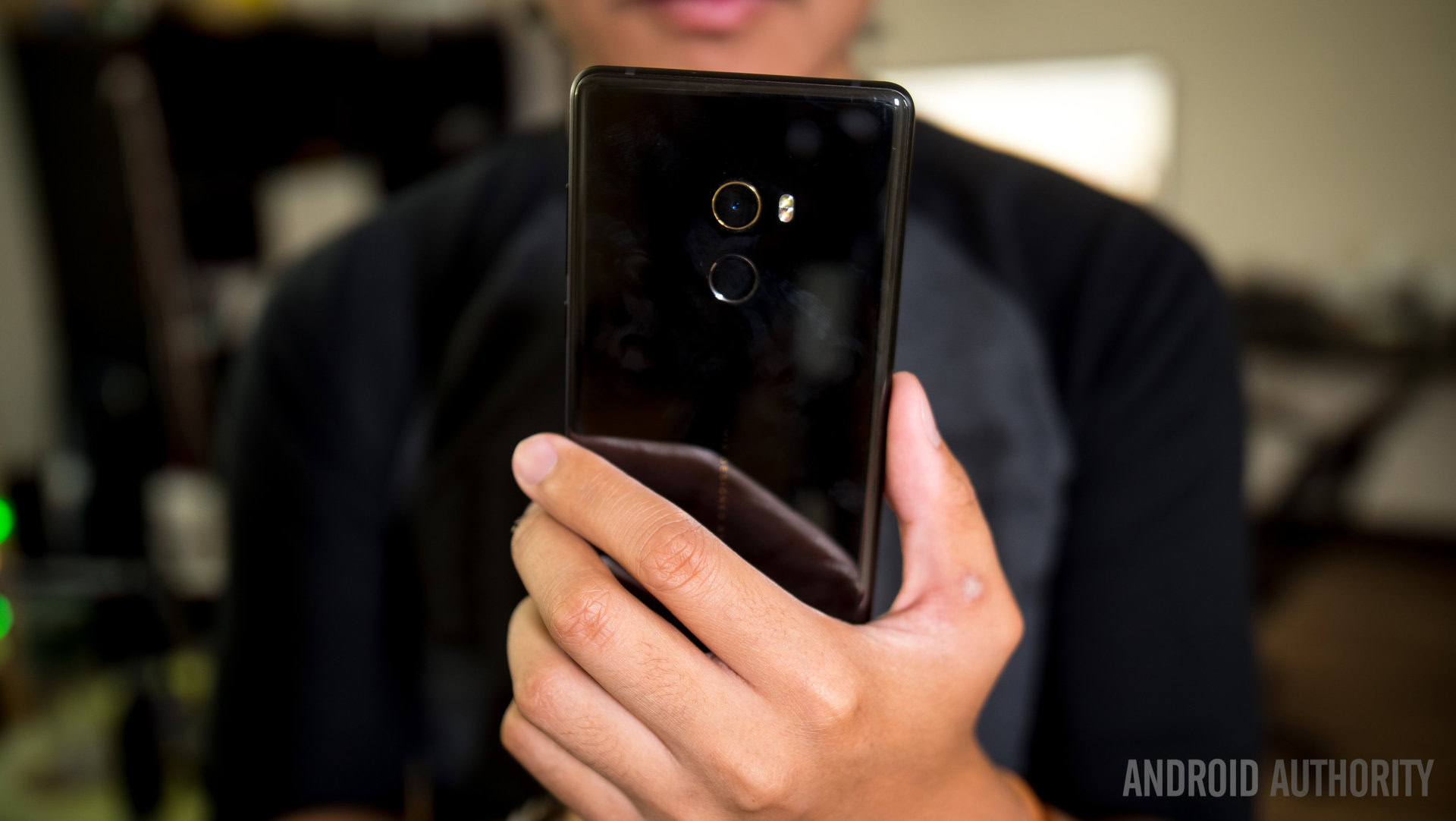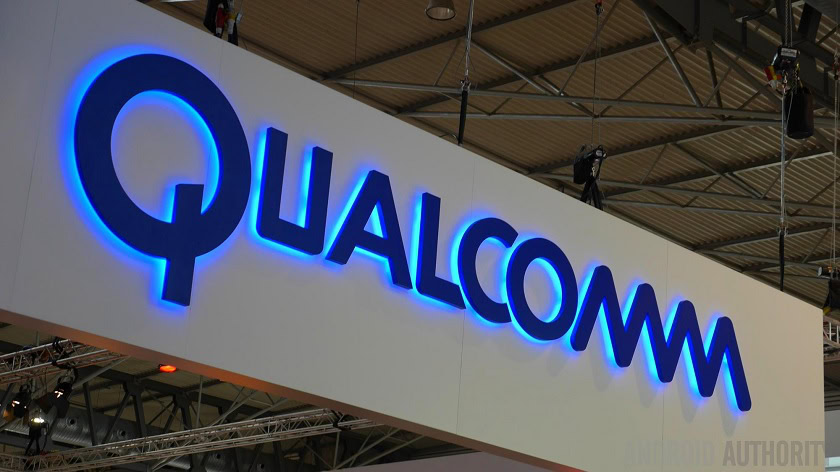Affiliate links on Android Authority may earn us a commission. Learn more.
Xiaomi, OPPO and vivo concerned over Broadcom's takeover of Qualcomm

- Oppo, vivo, and Xiaomi expressed concerns over Broadcom’s potential takeover of Qualcomm
- The three companies are worried that prices will go up and innovation will go down
- Google and Microsoft expressed similar concerns last December
Concerns over Broadcom’s attempted takeover of Qualcomm have been circling around the potential deal for roughly two months. It appears those concerns won’t go away, as it appears that Chinese smartphone makers Oppo, Vivo, and Xiaomi are not thrilled with the deal.
According to The Wall Street Journal, executives from all three companies said they were concerned that Broadcom would increase chip prices if it took over Qualcomm. Keep in mind that OPPO, vivo, and Xiaomi sell smartphones that feature Broadcom and Qualcomm chipsets.
They also were concerned that Broadcom would slash Qualcomm’s spending on research and development, a possibility they say could damage them in the long run. OPPO, vivo, and Xiaomi executives said that Qualcomm’s expenditure helped them gain access to new mobile technologies, something that’s particularly important given the chipmaker’s current 5G plans.
Also playing into the three companies’ concerns is the non-binding deal they signed with Qualcomm last November. The deal has the three companies purchase $12 billion worth of Qualcomm components over the next three years.

Broadcom’s potential purchase of Qualcomm puts that deal at risk, seeing how OPPO, vivo, and Xiaomi executives said they might switch suppliers were the deal to go through.
Then again, such a deal would not be easy to accomplish. For one, Qualcomm’s board of directors rejected Broadcom’s initial $105 billion offer. Even though Broadcom proposed replacing the board, that decision will not happen until at least March, when the matter will be put to a shareholder vote.
If the deal gets accepted at some point, it would likely face regulatory scrutiny in several countries, seeing how Qualcomm and Broadcom carry out their businesses around the world. Finally, opposition looks to be somewhat strong, seeing as Google and Microsoft raised concerns of their own not too long ago.
We expect to hear much more from Broadcom and Qualcomm as the year progresses. We’ll be sure to bring you the latest updates.